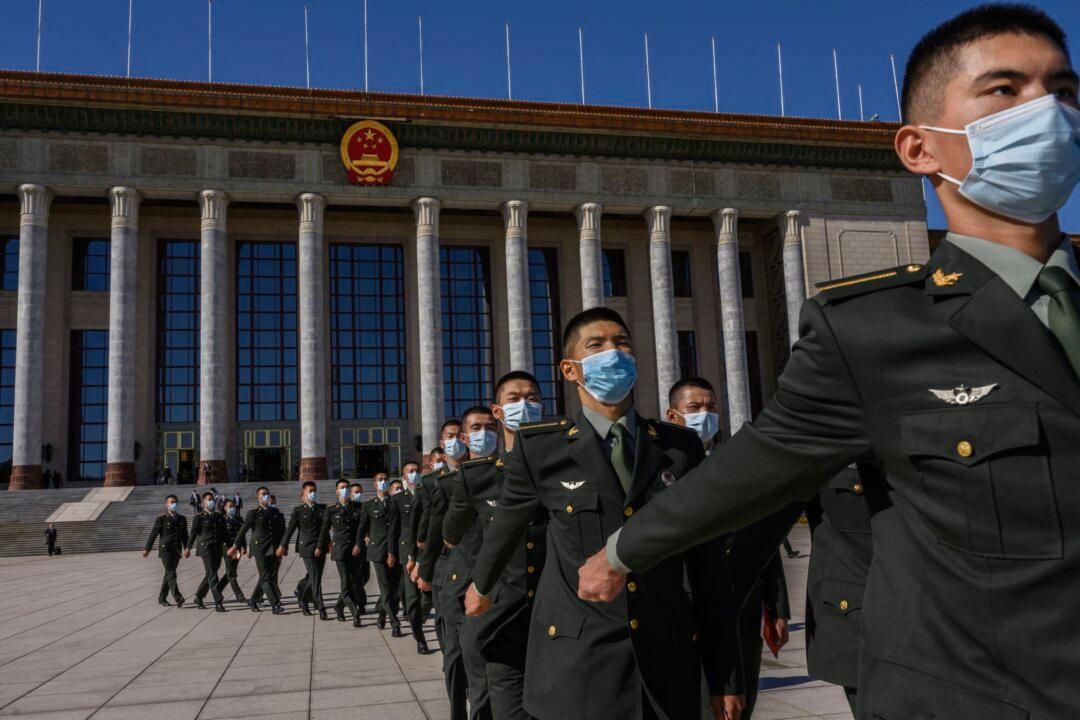The Chinese Communist Party (CCP) kicked off its most important political meeting of the year on Oct. 26 to discuss economic policies.
State media reported that top Party officials will come up with a five-year economic and development plan and introduce a new 15-year plan called Vision 2035, during the gathering being held Oct. 26 to 29.





